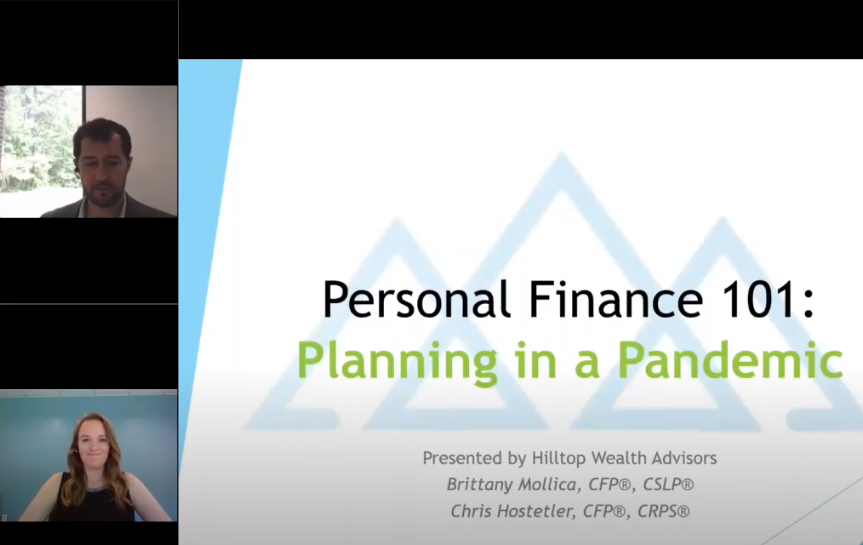
Who We Help
“What should I do first - pay off debt or invest?”
“How much should I save for my kids’ education?”
“How much can I spend now without worrying about the future?”
Young ProfessionalS
& families
“Will I qualify for student loan forgiveness?”
“Should I pay my loans faster or save for retirement?”
“Should I file taxes jointly with my spouse?”
student loan borrowers
“Is too much of my net worth in company stock?”
“How do I get the most from my awards with minimal taxes?”
“Can I afford an extended break from work?”
employees with equity awards
“I’m so busy - what should I prioritize financially?”
“How can I catch up on retirement savings?”
“If injury or sickness keeps me from working, will my family be OK?”
MEDICAL PROFESSIONALS
“Should I invest profits in the business, pay myself, or save for retirement?”
“If I die or get injured, would my business and family be OK?”
Small Business Owners
“Am I maximizing my employee compensation?”
“How do I balance my career and caregiving?”
“Am I saving enough for retirement?”
working women
How We Help
Financial Planning
Get the big picture and simplify your financial decision making. Our proactive approach helps you chart your future with purpose and avoid pitfalls. And when the unexpected happens, we’ll be there to help you adapt.
Investment Management
Investments can be complicated, and you already have a lot on your plate. We’ll build a portfolio that fits you, and we’ll make appropriate adjustments as conditions change.
Network of Professionals
As your financial life becomes more complex, it can be difficult to coordinate your professional partners. To make your life easier, we work directly with other advisors to strategize and implement your plan.
And if you need a referral, just put our network to work for you. We have active relationships with: accountants, estate attorneys, retirement plan administrators, lenders, insurance agents, business advisors, business attorneys, and more.

Ascend Pricing
We are fee-only, so we do not receive any commissions for selling products.
Your planning and investment fees are based on the value of the accounts we manage.
There is no required contract length.
For more details, click here to view our Form ADV Part 2A - Firm Brochure.
Your Advisor

First Steps
1. intro call
We have a brief, complimentary phone call to get to know each other, explore whether we are a good fit, and answer any initial questions.
2. data gathering
Before we give advice, we discuss your goals and use our secure portal to gather relevant information.
3. PLAN LAUNCH
We work with you to create a personal action plan that addresses your top priorities and identifies any other needs.
4. ongoing review
We schedule regular meetings to monitor your strategy and address unexpected events in your life.






















































